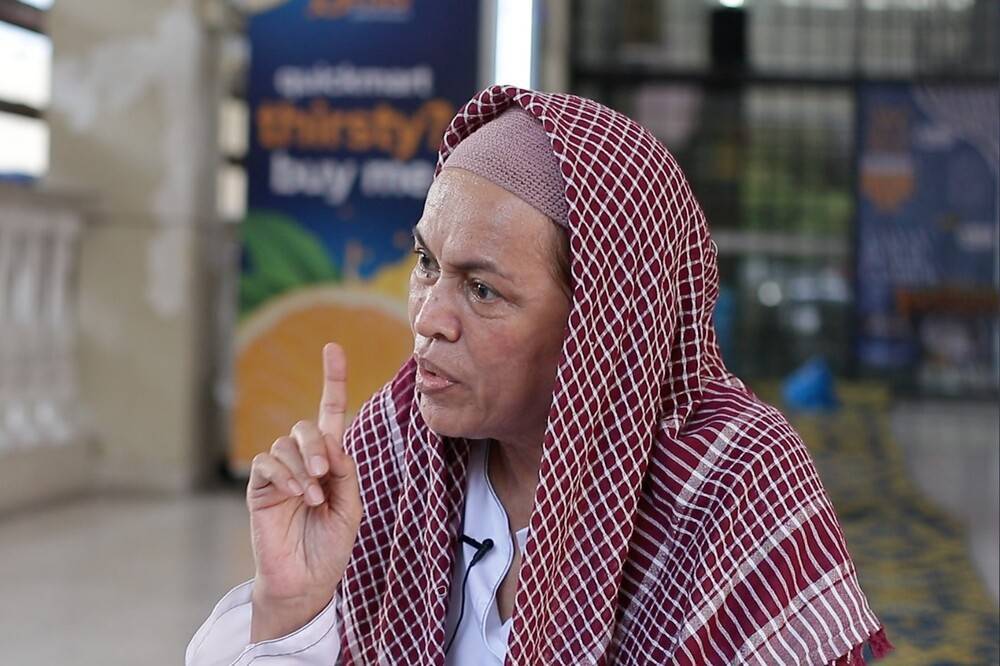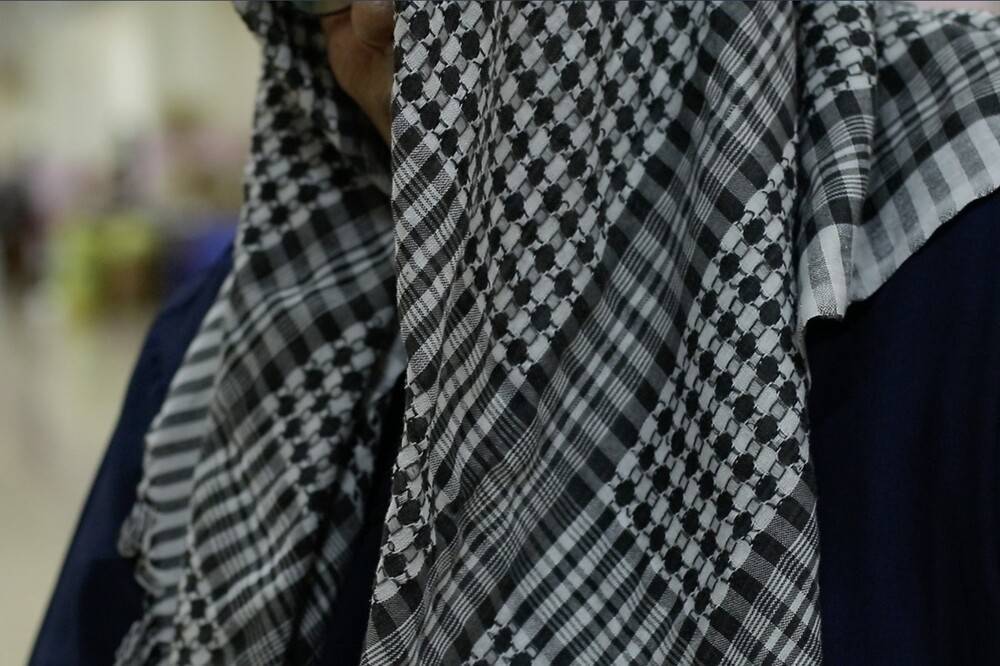They didn't stop: 'Homophobic teasing, mockery led me to LGBT community’
Because of his appearance, the boys often teased and mocked him, refusing to acknowledge him as a man.
WAN AHMAD ATARMIZI ASHWIN KUMAR
KLANG - Former members of the lesbian, gay, bisexual, and transgender (LGBT) community, who have since embraced Islam, emphasised how persistent teasing and mockery during childhood significantly influenced their experiences with LGBT identities.
In a society where conformity often reigns, two individuals bravely shared their journeys of self-discovery, shedding light on the challenges and triumphs of navigating identity and acceptance.
Their stories unveiled the complexities of how societal influences could shape perceptions of identity and ultimately lead to transformative personal journeys.
Syahrin Rashidi's story
Sharing his story with Sinar Daily is Syahrin Rashidi, a 59-year-old man formerly part of the LGBT community. Hailing from Taiping, he was raised in Shah Alam and educated in Petaling Jaya.
Later in life, he pursued university studies in architecture abroad and subsequently worked in a private firm for a few years.
“The presence of LGBT elements in my life began in childhood when I was four years old. Growing up with one brother and four sisters, I was exposed more to feminine aspects due to my sisters' clothes and style, which I found beautiful compared to my brother's.
“Because of my soft and feminine nature, I was drawn to wearing my sisters' clothes. This led to my mother scolding me and lightly caning me out of frustration.
“She asked me to look in the mirror and consider whether physically I resembled my sister or brother more, which left me feeling confused at the time. But when I was six years old I did not want to wear my sisters’ clothes anymore,” he said.
Syahrin also said that because of his appearance, the boys often teased and mocked him, refusing to acknowledge him as a man.
“This made me uncomfortable and led me to avoid befriending boys and instead gravitate towards girls at school.
“Even during physical education (PE) classes, the teacher and class monitor encouraged me to play netball with the girls instead of football. This preference was noticeable from a young age.
“When I was around 12 years old, the constant teasing from other boys prompted me to try to conform more to traditional male activities by joining my brother in playing football and badminton,” he noted.
Syahrin said that he made efforts to fit in and avoid standing out by associating less with girls.
“As I progressed to secondary school, I still encountered individuals with similar traits, but I no longer wore female clothing. As I was growing up, I felt more comfortable befriending females and never felt attracted to them romantically because I identified more with them.
“Instead, I found myself gravitating towards males. When I looked at my male classmates, I admired their appearance and demeanour, finding them attractive and kind.
“These feelings confused me and caused inner turmoil, leading to moments of crying as I struggled to understand and navigate my emotions.
“At the age of 17, I finally confronted and accepted that I was attracted to men, but I kept this realisation to myself and remained quiet about it,” he mentioned.
To cope with his situation, Syahrin said he turned to religion by following his deeply religious brother, but his brother was often away from home being at the university.
Additionally, with Syahrin’s father frequently out of town, he was mainly surrounded by his sisters and mother in a female-dominated home environment.
“My mother played a significant role in my upbringing, emphasising education and religious teachings. I motivated myself to excel academically as a way to divert my attention from my feelings.
“I was particularly close to my mother, and despite having multiple sisters, she often sought my input on decorating our home and valued my interest in architecture due to my love for design.
“Because of my upbringing and attachment to my mother, I did not associate with LGBT individuals at that time,” he said.
Muhammad Azri's Story
Muhammad Azri, a 58-year-old man who also formerly identified as LGBT, shared his story before his return to Islam and embracing its teachings.
"At that time, simply put, I was a ‘gay boy’ and was attracted to men. My story begins during my school days when I stayed in the school hostel and faced teasing and persecution from other students.
“As a teenager after finishing school, I made friends with individuals in the LGBT community and became interested in feminine occupations such as hairstyling and makeup.
“Over the next 15 years, I became increasingly involved in relationships with individuals of the same gender,” he said.
Eventually, Azri began to reflect on his life and question his lifestyle, realising it offered no real benefits.

“In situations like these, we often find ourselves supporting others more than they support us, simply put having an ‘anak ikan’ (young homosexual men). So, when we like a certain ‘anak ikan’, we do a lot for them and we spend a lot of money for them.
“After reflecting on my life, I decided to return to my village and have a conversation with my late parents about my desire to get married.
“Alhamdulillah, Allah granted my wish and my parents supported me in finding a suitable partner,” he added.
Azri said that his late parents arranged for him to marry a woman from his village.
“Now, after 36 years of marriage, we have been blessed with five children, all of whom are now married, and I have 10 grandchildren, Alhamdulillah,” he said.
He said in his past, his outward appearance was normal, he was not wearing women's clothing, yet he believes some people sensed that he was somewhat different.
“As I mentioned earlier, my interest leaned towards ‘anak ikan’; some who really knew me offered advice, though I initially brushed it aside due to my youth.
“I am grateful to them now for shaping the man I have become,” he said.










